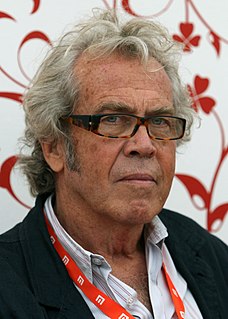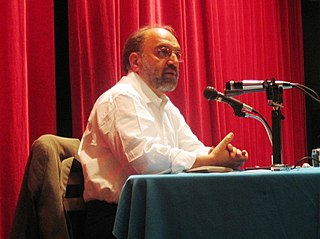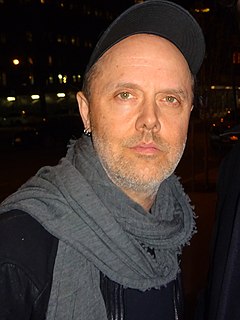A Quote by Jørgen Leth
I hate films with a clear message, ones that have their answers already when they start.
Related Quotes
The message films that try to be message films always fail. Likewise with documentaries. The documentaries that work best are the ones that eschew a simple message for an odd angle. I found that one of the most spectacular films about the Middle East was 'Waltz With Bashir,' or 'The Gatekeepers,' or '5 Broken Cameras.'
[Steven Spielberg's films] are comforting, they always give you answers and I don't think they're very clever answers. The success of most Hollywood films these days is down to fact that they're comforting. They tie things up in nice little bows and give you answers, even if the answers are stupid, you go home and you don't have to think about it. The great filmmakers make you go home and think about it.
For me, poetry has a strong link to my filmmaking. My films learn from my poetry. In poetry, you're free. You start in the corner and you don't know where it leads you. I have no message, I have nothing I want to tell, I just start and I see where it leads, and it's a big surprise and relief if it's good. That's the ideal state for filmmaking.
I can teach anybody how to get, what they want out of life. The problem is that I can't find anybody who can tell me what they want. Once you are crystal clear about the intended end result that you seek to produce, all the ways that it can become a done deal start to reveal themselves to you. There are many who have accomplished exactly what you want to achieve and could show you the way. You are not ready to ask them because you are not clear and you have not determined which questions need answers.






































